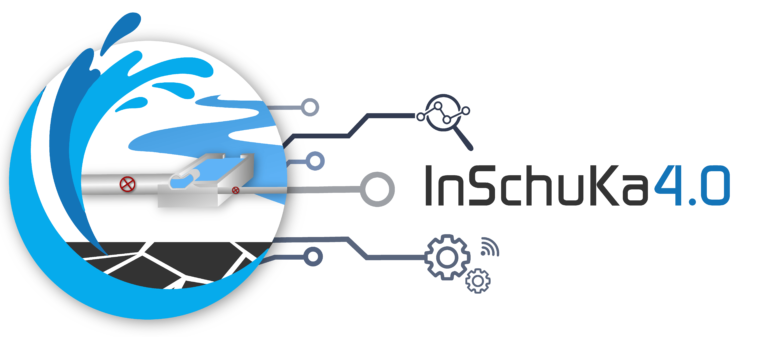
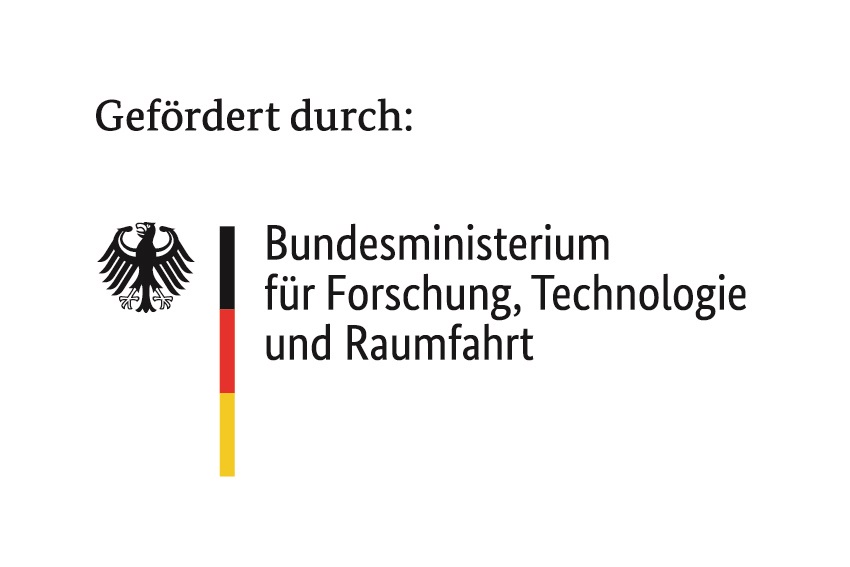
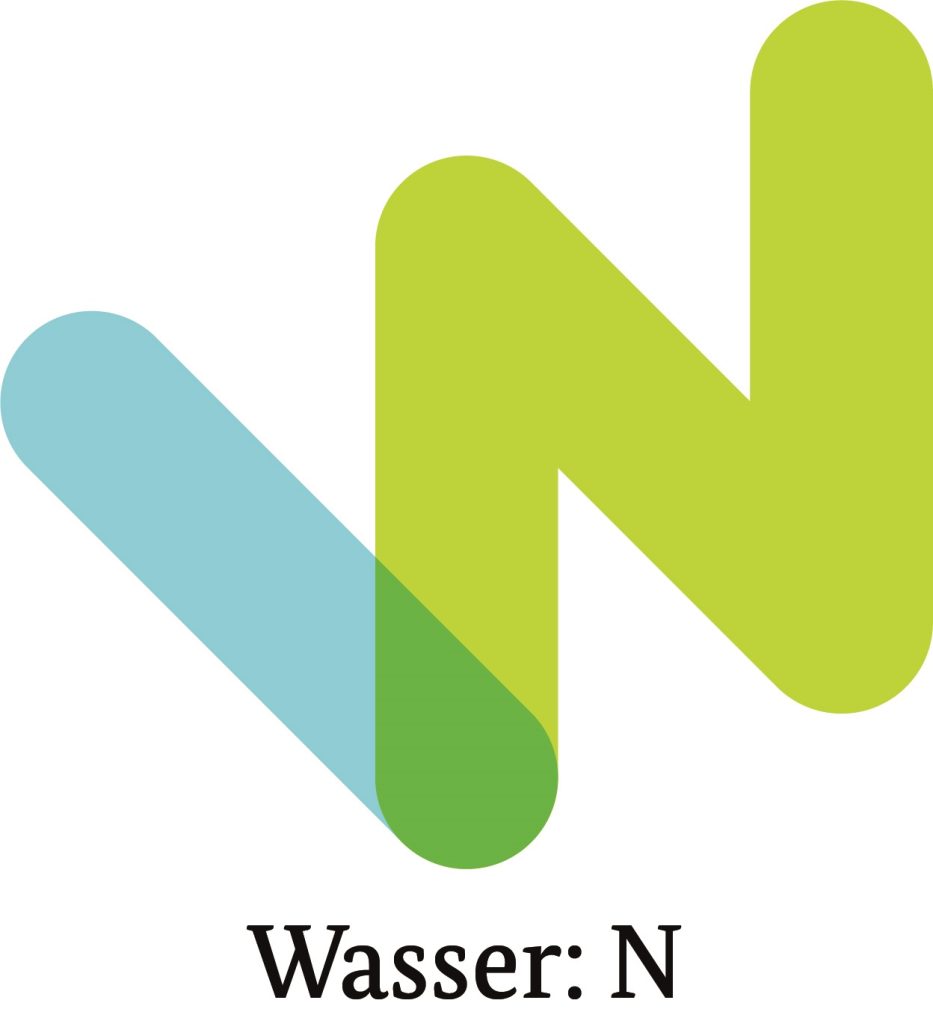
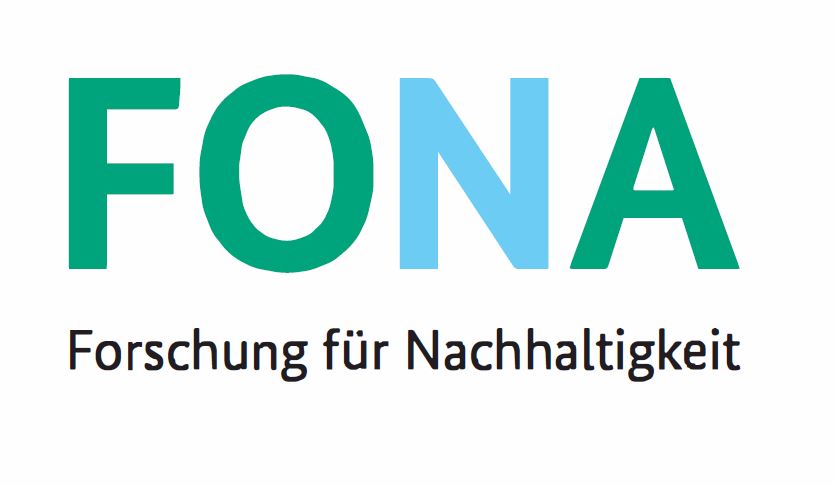
As part of the Jena initiative ZEUS (Future-oriented energy-optimised and environmentally-focused priorities) is a programme of ZV JenaWasser for the uniform bundling of all future projects and measures for the energy and environmental optimisation of plants and process technologies as well as innovative approaches (e.g. SmartKan, Wastewater 4.0 etc.). The aim is to achieve and ensure standardised project processing, such as the formulation of project objectives, project process, project participants, project implementation and completion, as well as transferability to other municipal authorities. The submitted project is based on an innovative and award-winning drainage plan ("Goldener Kanaldeckel") of the JenaWasser special-purpose association (see KA Betriebs-Info, issue 3/2020).
Flooding as a result of heavy rainfall events is occurring more and more frequently in Germany (the events of summer 2021 have clearly demonstrated this) and, in conjunction with severe storms, often cause major damage and considerable environmental pollution due to the uncontrolled discharge of untreated wastewater into watercourses. This is aggravated by the fact that the sewer pipes can no longer absorb the accumulating water masses, although there is still storage capacity in the sewer system itself and in the connected rainwater basins. Observations also indicate that more extreme dry periods are to be expected in the future, as 2018 and 2019 clearly show. The location and timing of such events are difficult to predict, meaning that sewer system operators are faced with sometimes conflicting challenges for which they must be prepared.
The desired solution therefore focuses on the implementation of dynamic, flexible sewer network management through intelligent data collection, evaluation and monitoring in order to optimally utilise the existing sewer network volume during heavy rainfall and to counteract possible negative effects even during dry periods, such as increased sedimentation, odour formation and corrosion or uncontrolled discharge of pollutants into water bodies during short-term heavy rainfall events after a longer dry period.
The InSchuKa4.0 project focuses on an integrated and transdisciplinary management (in terms of risks) of conflicting hydrological and urban water-related events in urban water supply infrastructures using digital tools for monitoring, analysis, forecasting and communication.
InSchuKa4.0 extends the approaches of previous research projects. Building on this, a sewer network management solution based on artificial intelligence is being developed that incorporates innovative sewer sensors, modern sewer technology in the form of cyber-physical systems as well as historical and forecast data from operations and weather events. The aim is a resilient, flexible, reliable and efficient operation of the sewer network, taking into account extreme weather conditions.
In addition, the newly developed system is intended to meet the need of municipalities/cities to enable automatic preventive flushing of sewer sections and to prevent uncontrolled flushing of pollutants during short, heavy rain showers by improving retention in the sewer system. On the one hand, this should make it possible to dispense with cost-intensive structural expansion of the sewer networks and the creation of additional tanks / delays to increase the retention volume. On the other hand, automatic preventative flushing can reduce or even eliminate the need for costly manual flushing operations.
The necessary recording of real-time measurement data must be expanded to include additional quality parameters on wastewater particle properties such as AFS (filterable substances), particularly for integrated heavy rain and dry period management. To this end, an innovative measurement method for the simultaneous recording of flow rate and AFS is to be trialled.
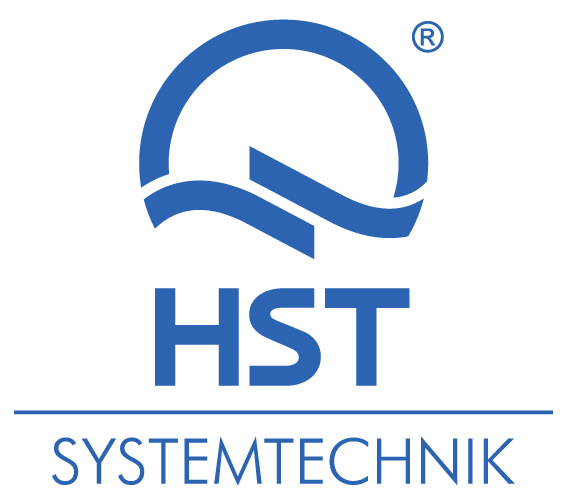
HST Systemtechnik GmbH & Co. KG
Heinrichsthaler Street 8
59872 Meschede
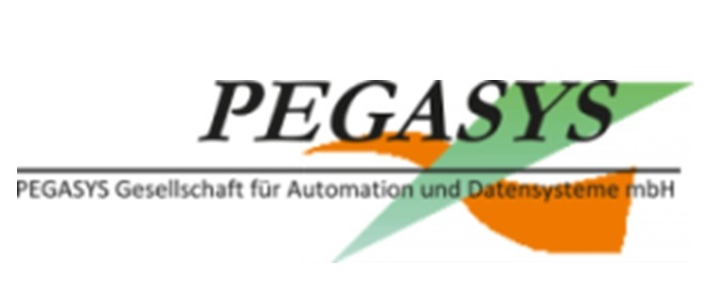
Pegasys GmbH
Computer service
Heinrichsthaler Str. 8
59872 Meschede
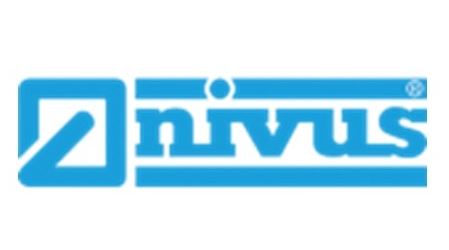
Nivus GmbH
In the valley 2
75031 Eppingen
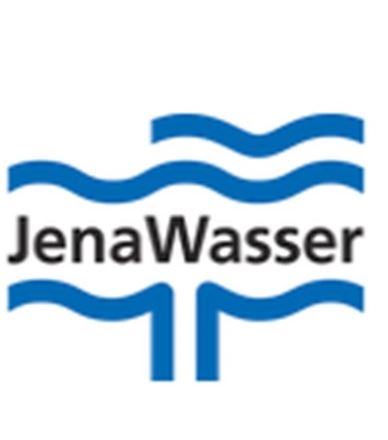
JenaWater
Rudolstädter Street 39
07745 Jena
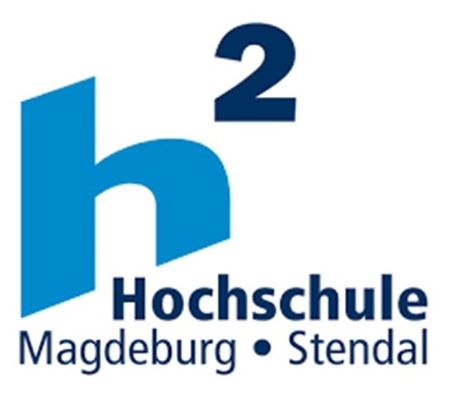
Magdeburg-Stendal University of Applied Sciences (HS MS)
Water, Environment, Construction and Safety Division
Chair of Urban Water Management - specialising in wastewater
Breitscheidstr. 2
39114 Magdeburg

Growth Academy GmbH
Im Birket 6
82166 Gräfelfing near Munich
The research here is tough.


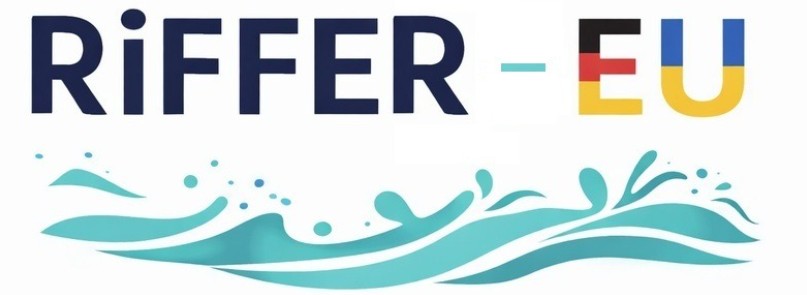

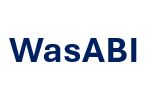
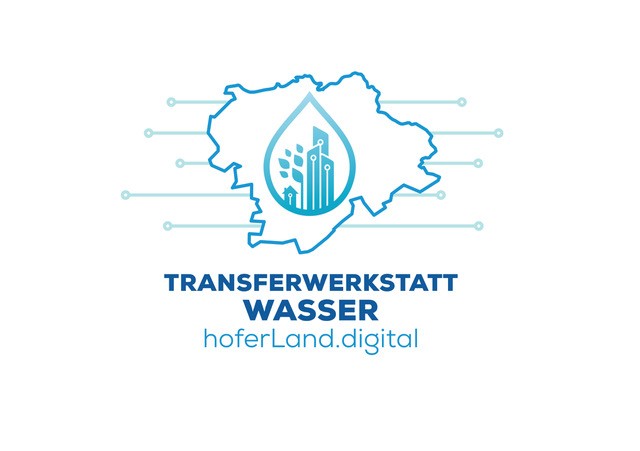




News about the inwa and its events.